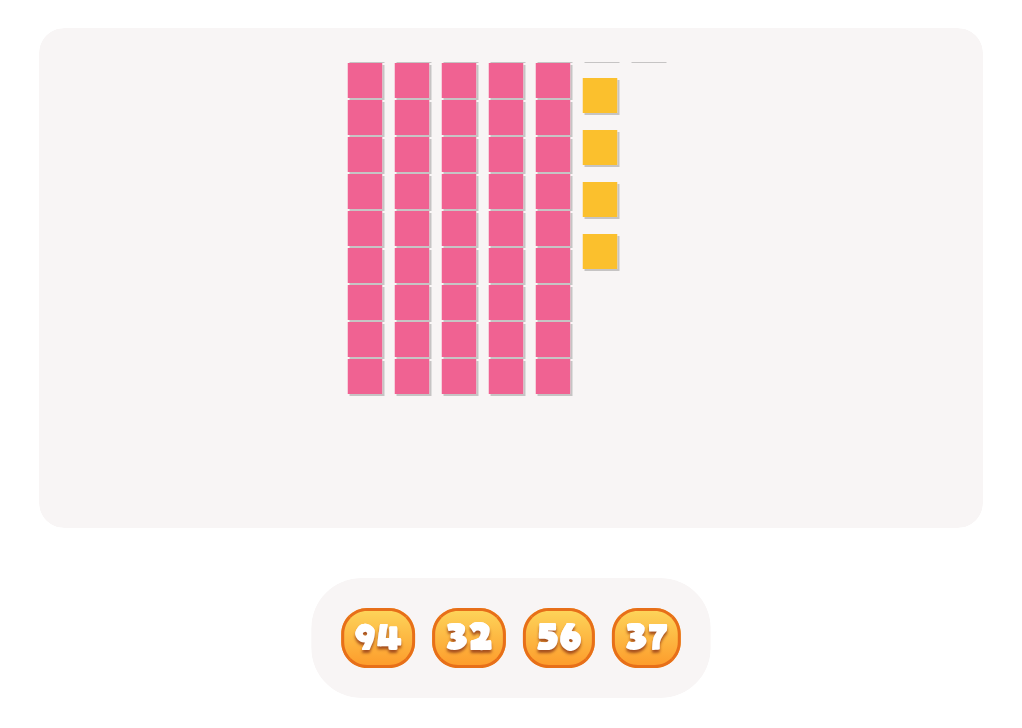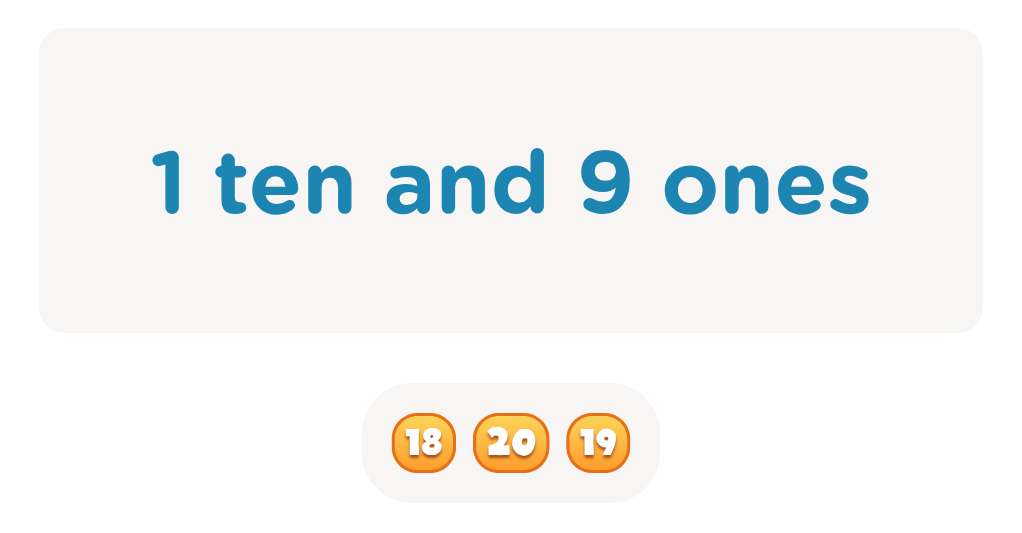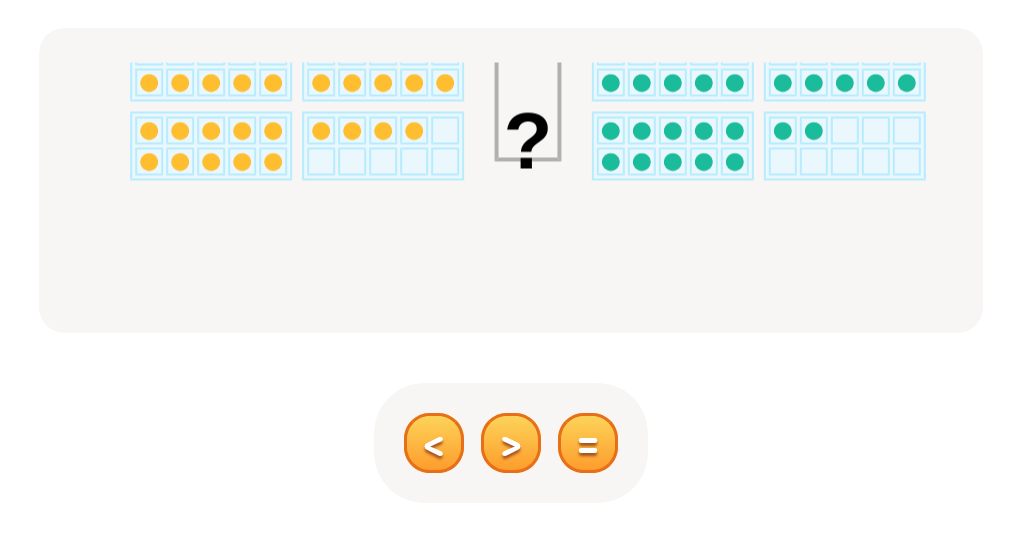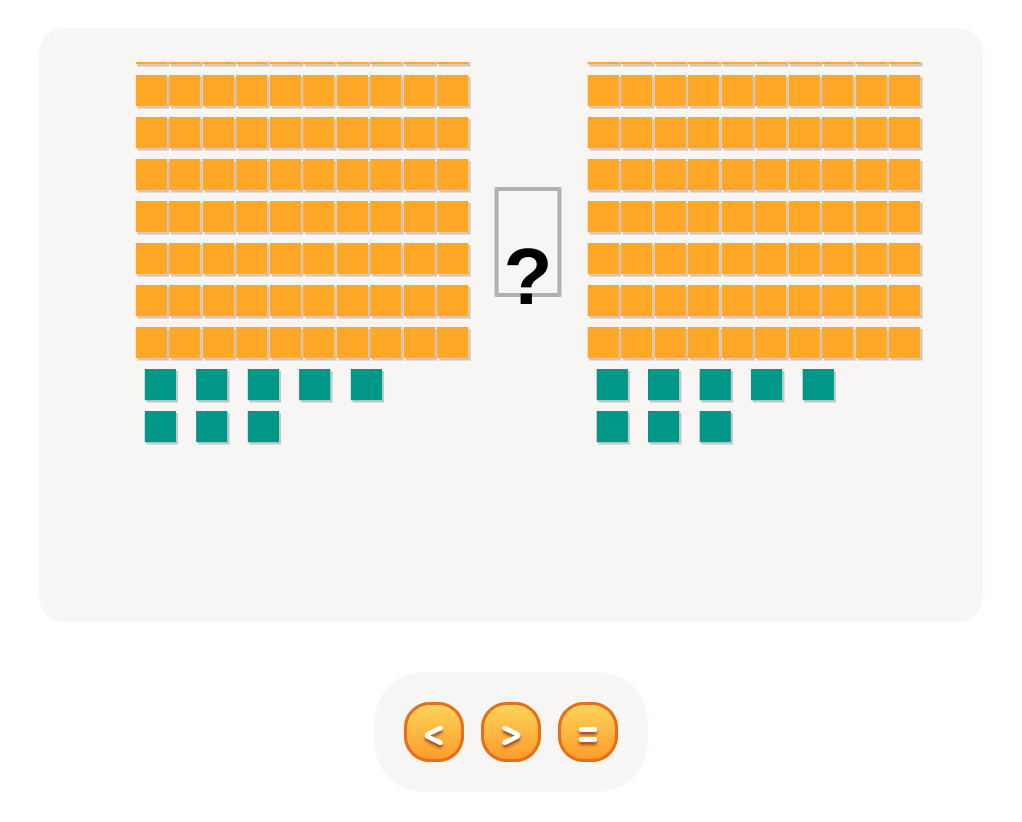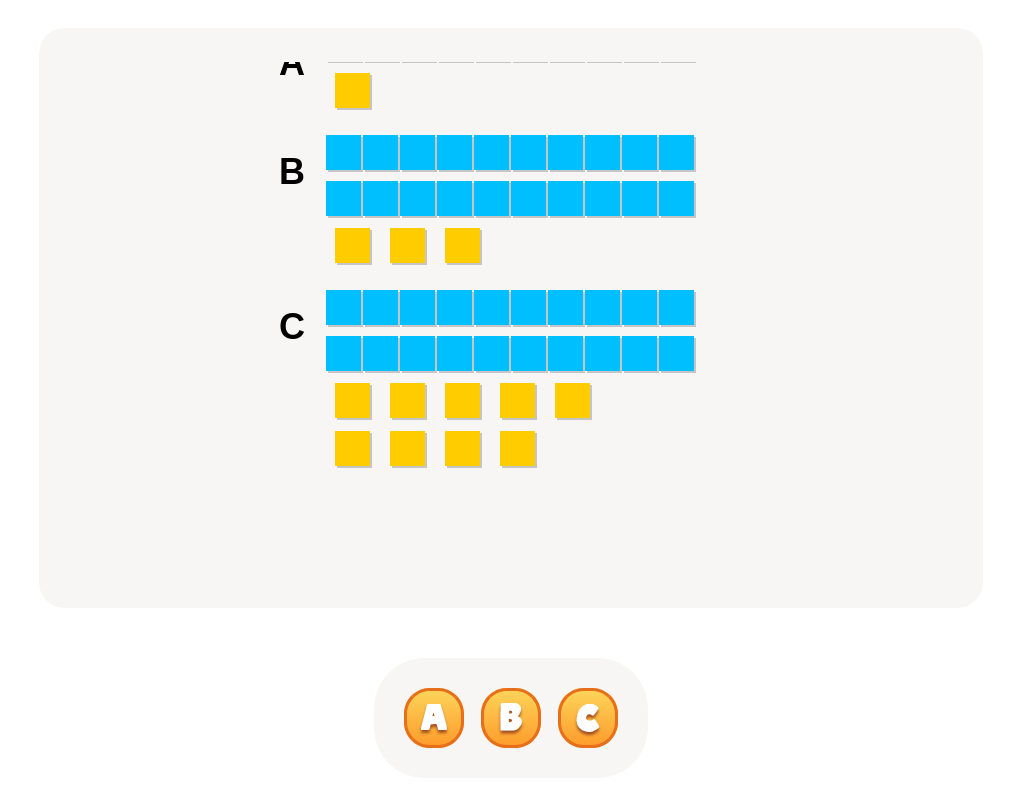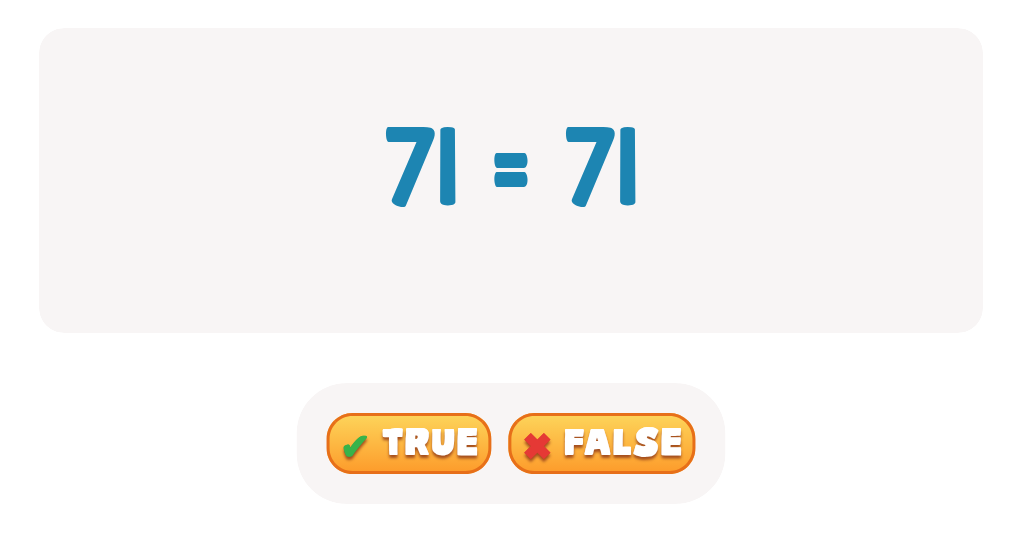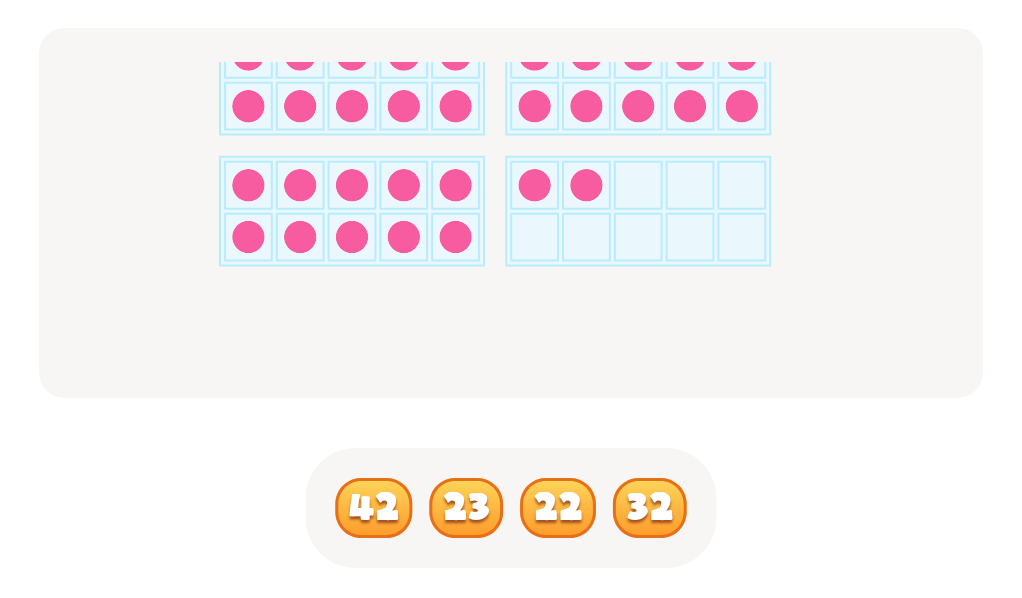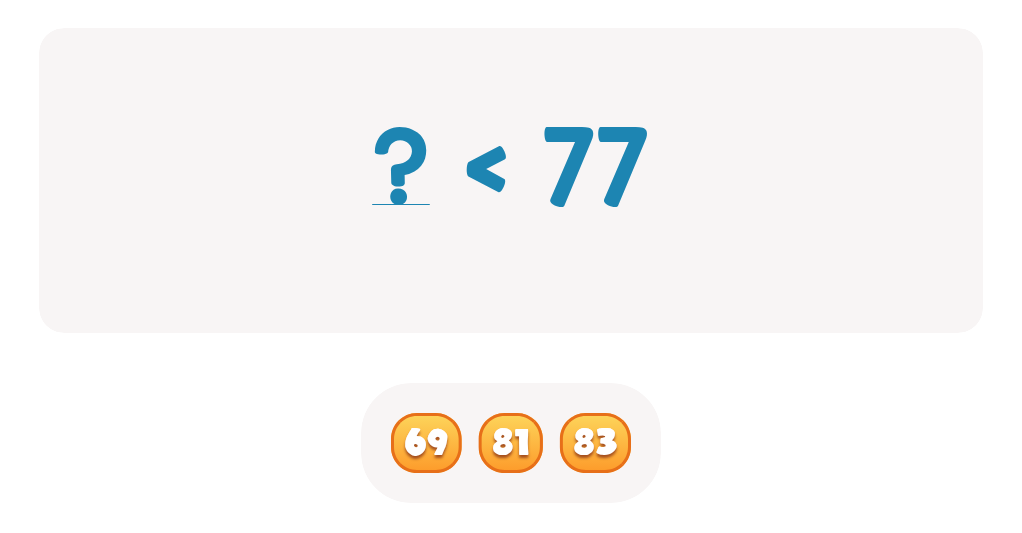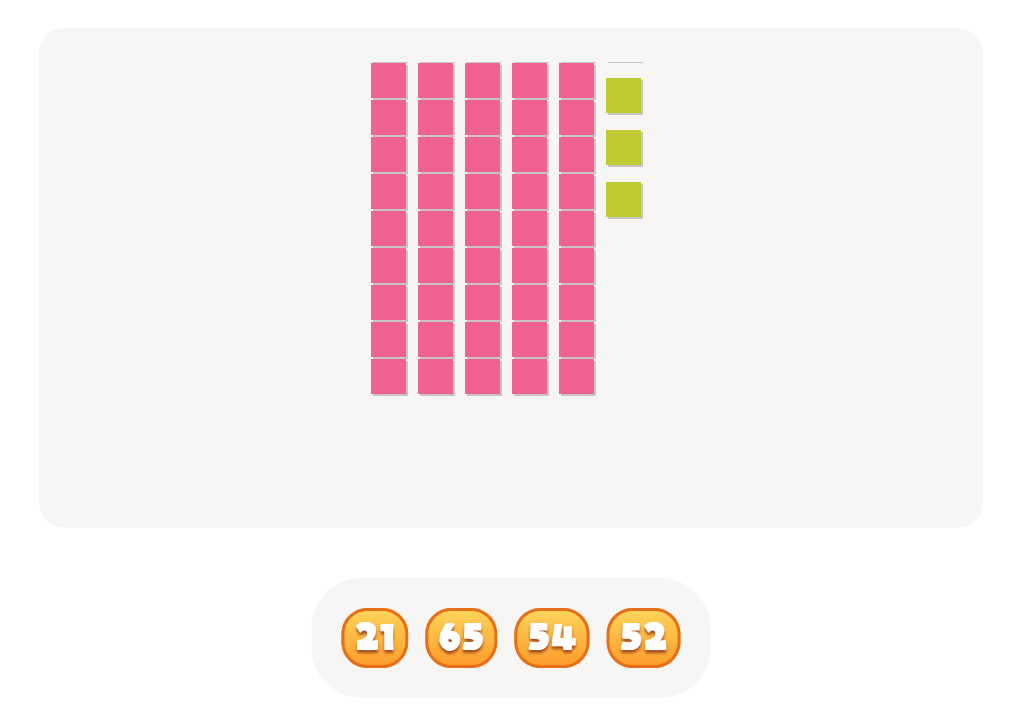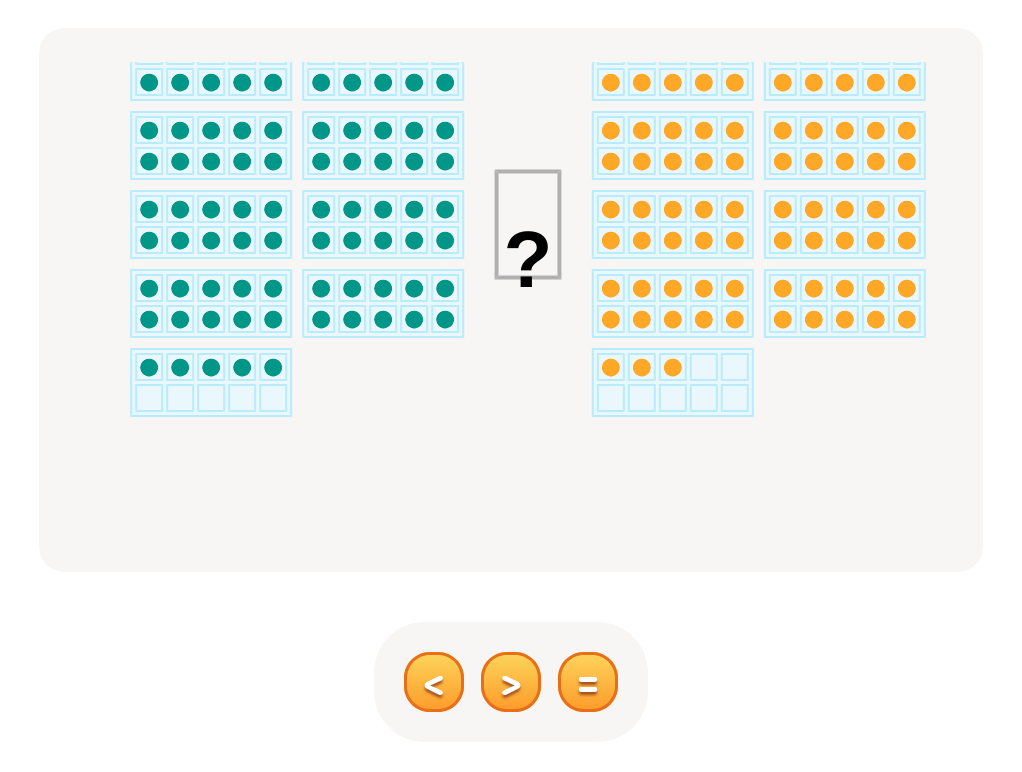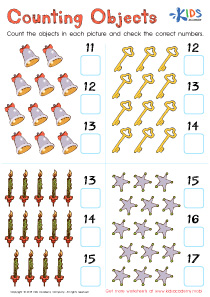Counting skills Normal Place Value Worksheets for Ages 3-6
4 filtered results
-
From - To
Enhance your child's counting skills with our engaging Normal Place Value Worksheets, designed specifically for ages 3-6. These worksheets introduce the crucial concept of place value in a fun and interactive way, making learning enjoyable. Each worksheet features colorful illustrations, exciting activities, and carefully crafted exercises that promote understanding of numbers and their significance. Foster your little one’s mathematical foundation while strengthening their counting abilities and boosting their confidence. Perfect for preschool and kindergarten settings, our resources align with early learning standards and are ideal for both parents and teachers. Download now to inspire a love of learning in your child!
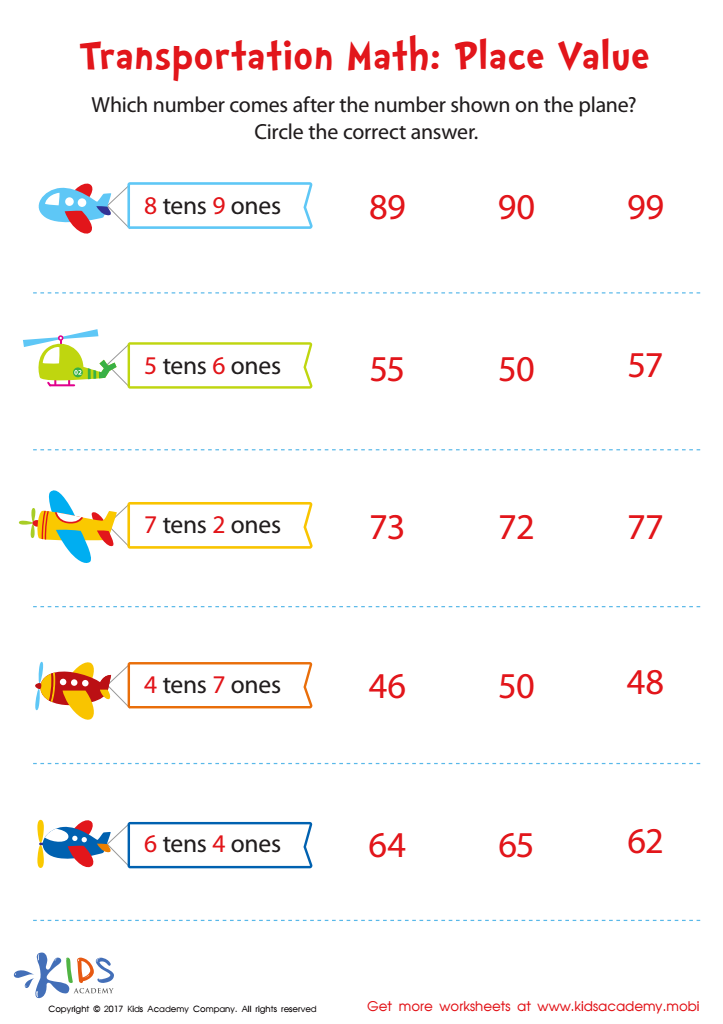

Transportation Math Printable
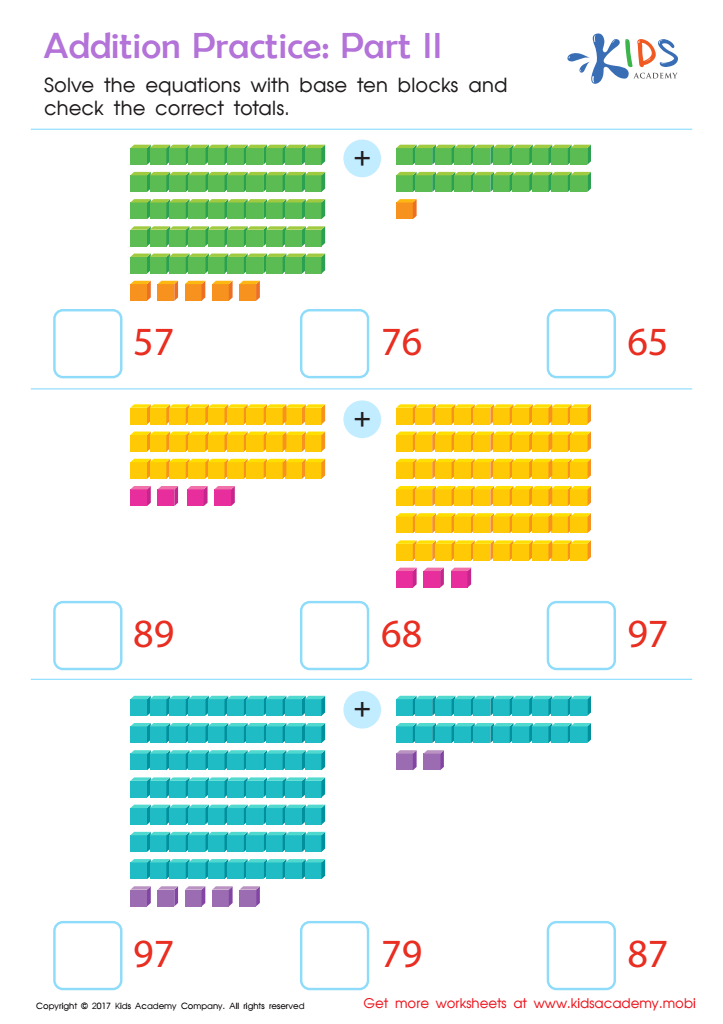

Addition Practice Sheet: Part 2
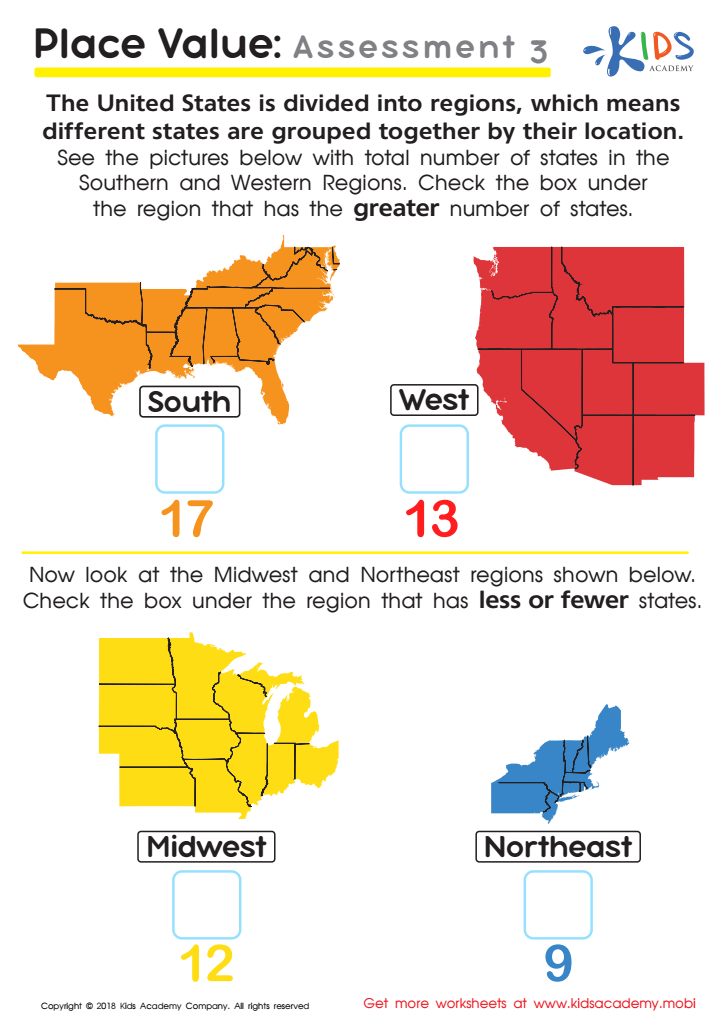

Place Value: Assessment 3 Worksheet
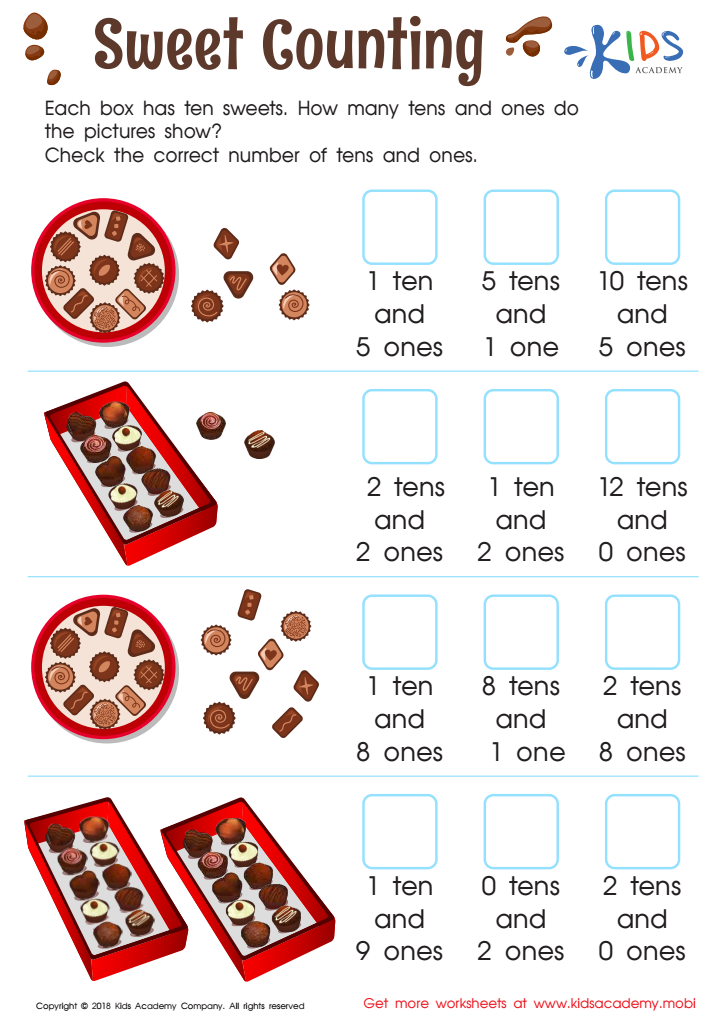

Sweet Counting - Part 2 Worksheet
Parents and teachers should prioritize counting skills and understanding of place value for children ages 3-6 because these foundational concepts are essential for later mathematical success. Early number sense plays a crucial role in developing problem-solving abilities and confidence in mathematics. Understanding counting enhances children's ability to quantify objects, recognize patterns, and make connections between numbers in a real-world context.
Normal place value introduces children to the concept that the position of a digit determines its value, laying the groundwork for addition, subtraction, and ultimately more complex math operations. Mastering these early skills allows children to smoothly transition from simple counting to multi-digit number comprehension, paving the way for success in higher-level arithmetic.
Furthermore, when children grasp counting and place value through engaging activities, such as games and hands-on experiences, they develop critical thinking and cognitive skills. This sets the stage for a love of mathematics and encourages lifelong learning.
In summary, investing in counting skills and place value knowledge in early childhood fosters essential mathematical understanding, improves problem-solving skills, and builds a positive attitude toward learning, making it invaluable for cognitive development.
 Assign to My Students
Assign to My Students
